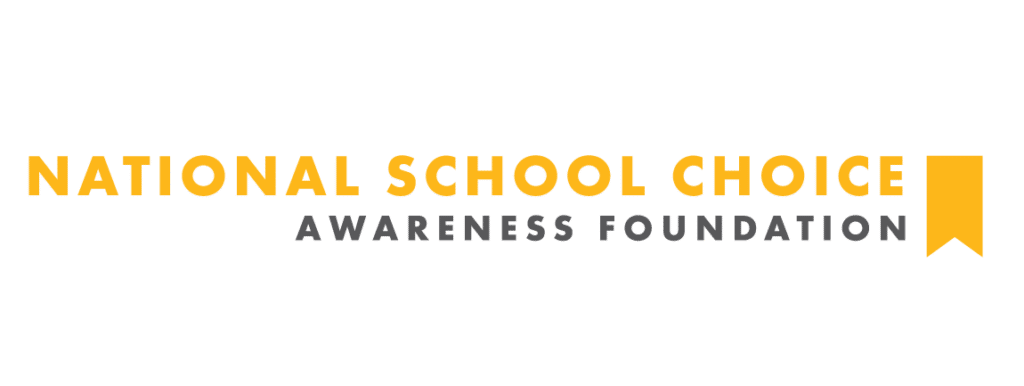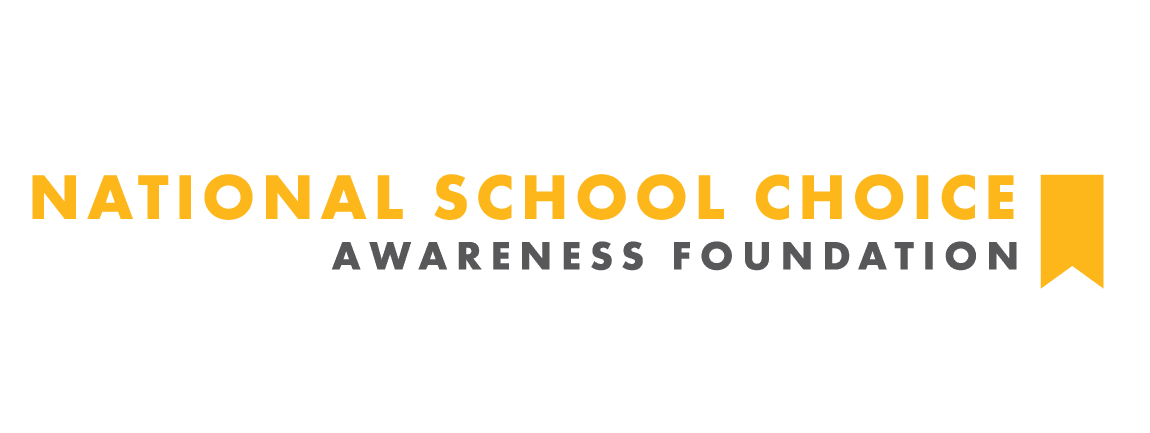Attributable to: Shelby Doyle, Vice President, Public Awareness, National School Choice Awareness Foundation
In short:
The U.S. Supreme Court’s decision in Carson v. Makin has the potential to expand school choice options. But families in Maine, where the case originated, must first wait for additional information from the state about the future of the state’s private school choice program.
In detail:
This summer, the Supreme Court ruled in the case of Carson v. Makin that the state of Maine could not exclude sectarian (read: religious) schools from its town tuitioning program. This program lets parents choose a private school in which to enroll their child if there is not a nearby public school serving that child’s grade level. Vermont has a similar program, with a similar exclusion of religious schools.
What has gotten lost in the excited reaction of some, and the handwringing of others, is what will happen to the families in Maine who want to participate in town tuitioning. After all, the Supreme Court ruling didn’t guarantee everyone in Maine, or in any other state, the right to send their children to religious schools using the tuitioning program. It simply held that if the tuitioning program continues to exist, Maine cannot prevent parents from choosing religious schools for their children under that program. In addition, Maine’s attorney general called the Supreme Court’s ruling “disturbing” and said he plans to explore legislative and executive options that might limit the tuitioning program.
In the meantime, this summer, as parents are deciding where their children will spend their next school year, the program’s immediate future is unknown. Information on the Maine Department of Education’s website has not been updated to reflect the Supreme Court’s ruling regarding the program, and the list of approved private schools to participate in this program is already set. Schools don’t know how to apply for inclusion on that list, and the situation is particularly complicated because Maine recognizes two tiers of private schools, distinguishing “private sectarian schools” from “equivalent instruction private schools.” Which will be eligible, and what will be required of them?
Additional information from the state will be required to determine the true extent of school choice expansion for Maine families resulting from the Carson v. Makin decision. Until such information is provided, immediate, real-world outcomes for families like the Carsons remain elusive.



